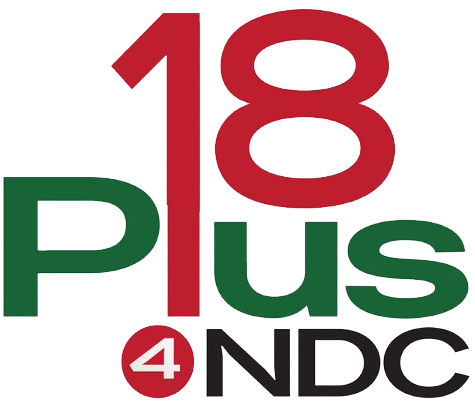The National Democratic Congress (NDC) and New Patriotic Party (NPP) in Ghana: Understanding the Key Differences

John Dramani Mahama: A Compelling Choice for Ghana’s Future
August 30, 2023
Operation Sting: John Dramani Mahama’s Anti-Corruption Initiative in the People’s Manifesto
August 30, 2023Ghana’s political landscape is dominated by two major parties: the National Democratic Congress (NDC) and the New Patriotic Party (NPP). While both parties aim to govern the country and improve the lives of its citizens, they differ in their ideologies, policy approaches, and historical backgrounds. In this article, I explore the key differences between the NDC and NPP, shedding light on their distinct visions for Ghana’s development.
- Ideological Differences: The NDC identifies as a center-left party, advocating for social democracy and a mixed economy. It emphasizes social welfare programs, wealth redistribution, and government intervention in economic affairs. On the other hand, the NPP leans towards center-right ideology, promoting free-market principles, limited government intervention, and private sector-led growth.
- Historical Background: The NDC was founded in 1992, following the transition from military rule to multi-party democracy. It draws its roots from the social democratic tradition and has been in power for several terms since its inception. The NPP, established in 1992 as well, traces its origins to the Danquah-Busia tradition, which advocates for individual liberties, democratic governance, and market-oriented policies.
- Economic Policies: The NDC often emphasizes a more interventionist approach to economic development, focusing on public investment, infrastructure development, and social welfare programs. It aims to reduce income inequality and provide support to marginalized groups. The NPP, on the other hand, prioritizes private sector-led growth, market reforms, and deregulation. It emphasizes creating an enabling environment for businesses and attracting foreign direct investment.
- Governance and Democracy: Both parties are committed to democratic governance; however, they differ in their approach. The NDC places a strong emphasis on inclusivity, participation, and social justice. It advocates for decentralization, devolution of power, and affirmative action policies. The NPP emphasizes good governance, accountability, and the rule of law. It promotes efficiency, transparency, and a smaller, more streamlined government.
- Social and Cultural Policies: The NDC has often championed social issues such as gender equality, human rights, and inclusivity. It has implemented policies such as National Electrification Program (NEP), GETFund, youth empowerment programs, and affirmative action for women. The NPP, while also recognizing these issues, has focused on economic growth as a means to address social challenges. It has implemented policies to improve access to education.
- Foreign Policy: In terms of foreign policy, both parties have generally pursued a non-aligned stance, maintaining diplomatic relations with various countries and regional blocs. However, the NDC has often emphasized South-South cooperation, while the NPP has sought to deepen ties with traditional allies and attract foreign investment.
Conclusion
The NDC and NPP are two major political parties in Ghana, each with its own distinct vision and approach to governance. While the NDC leans towards social democracy and government intervention, the NPP promotes free-market principles and private sector-led growth. Understanding these differences is crucial for voters and citizens to make informed decisions and engage in constructive dialogue about the future direction of Ghana’s development. Ultimately, both parties share the common goal of improving the lives of Ghanaians and advancing.




